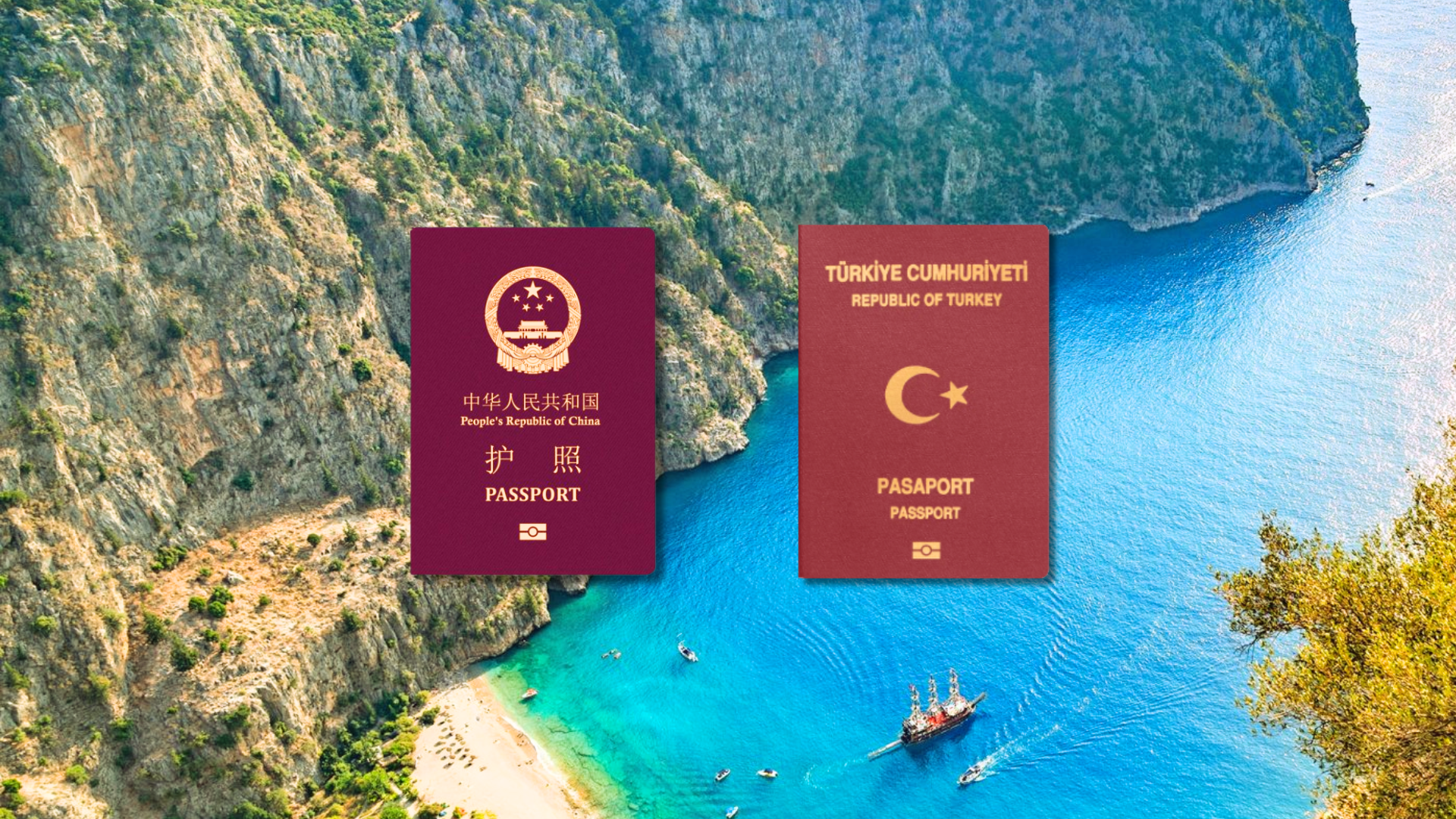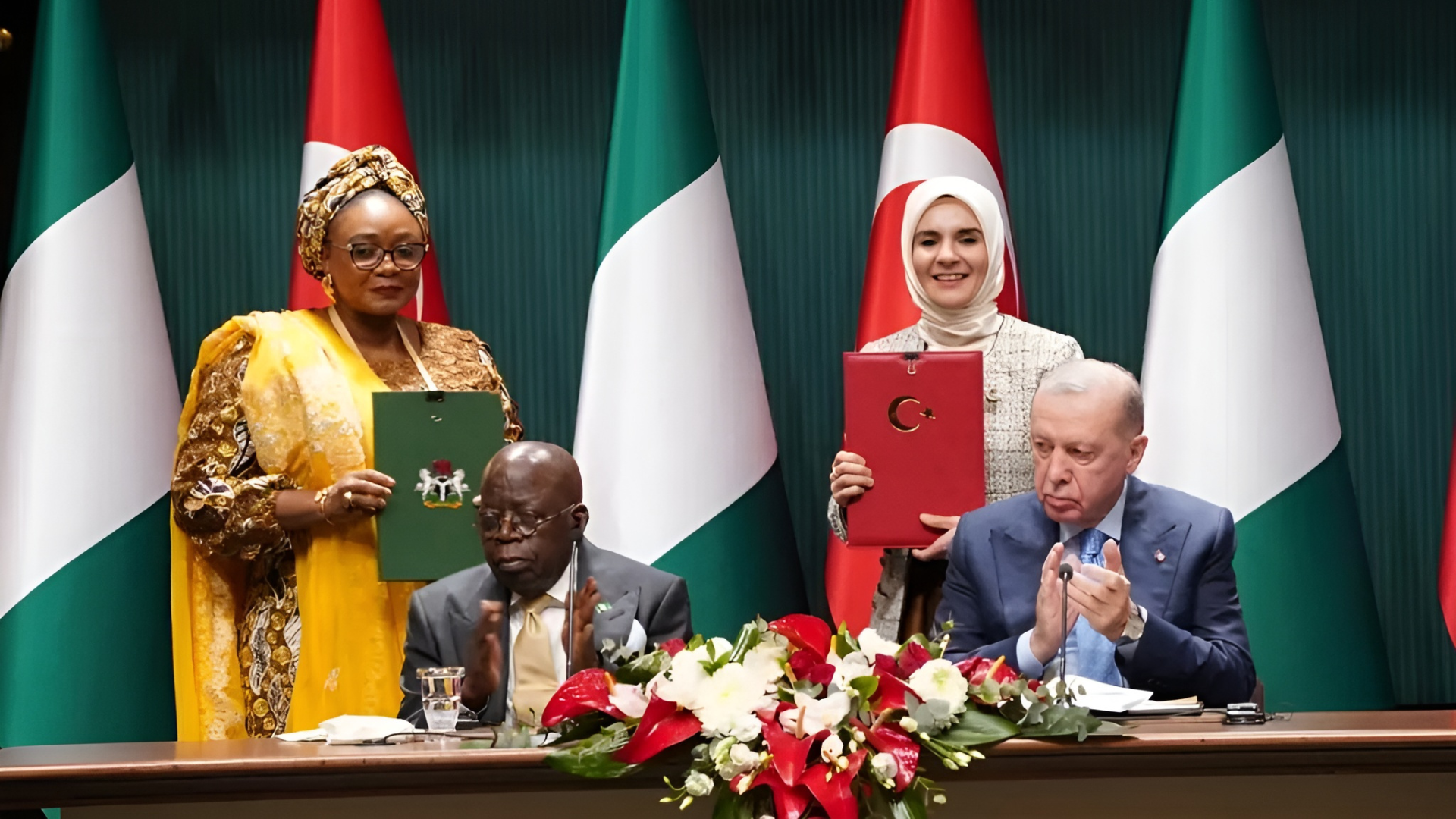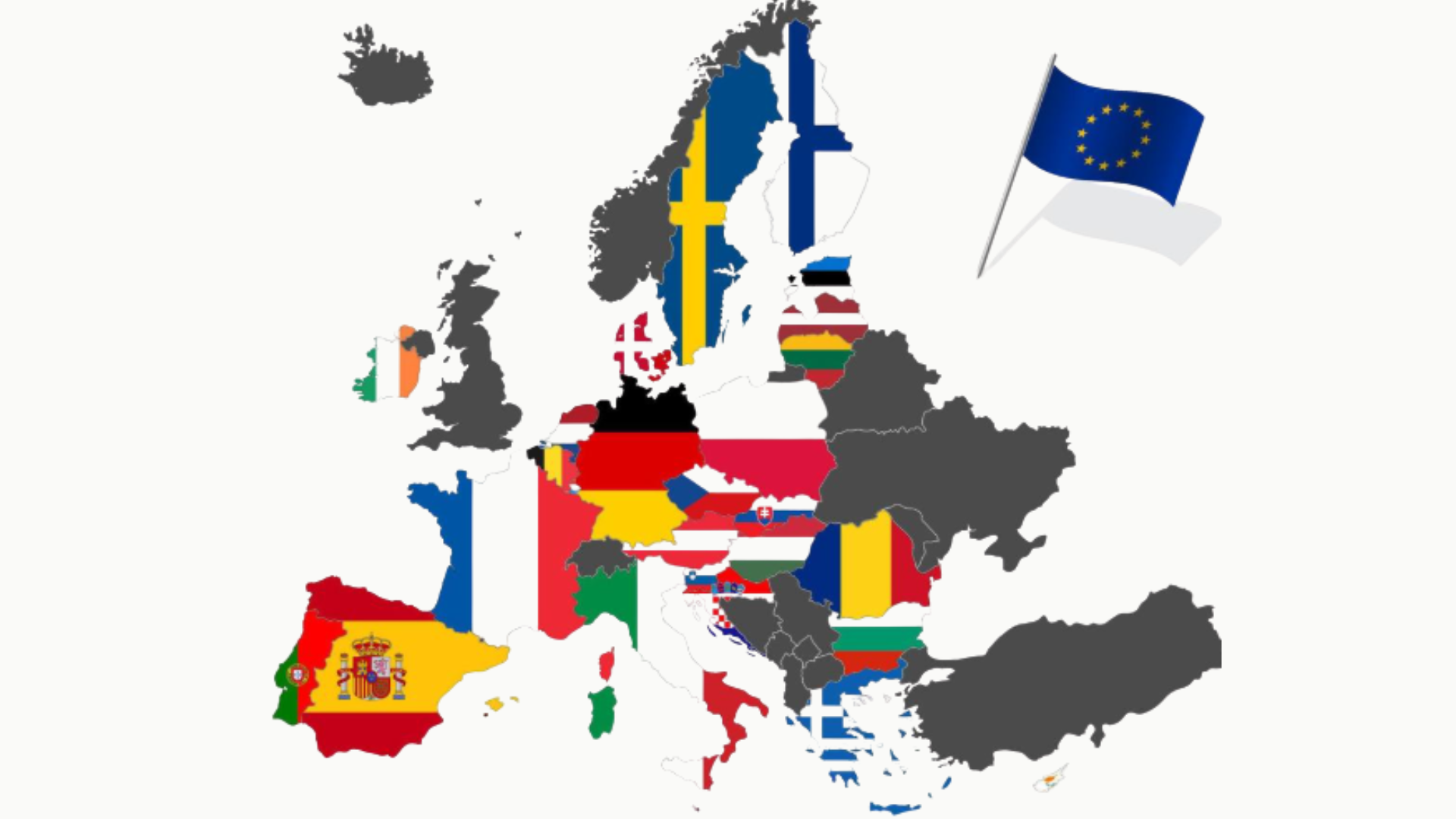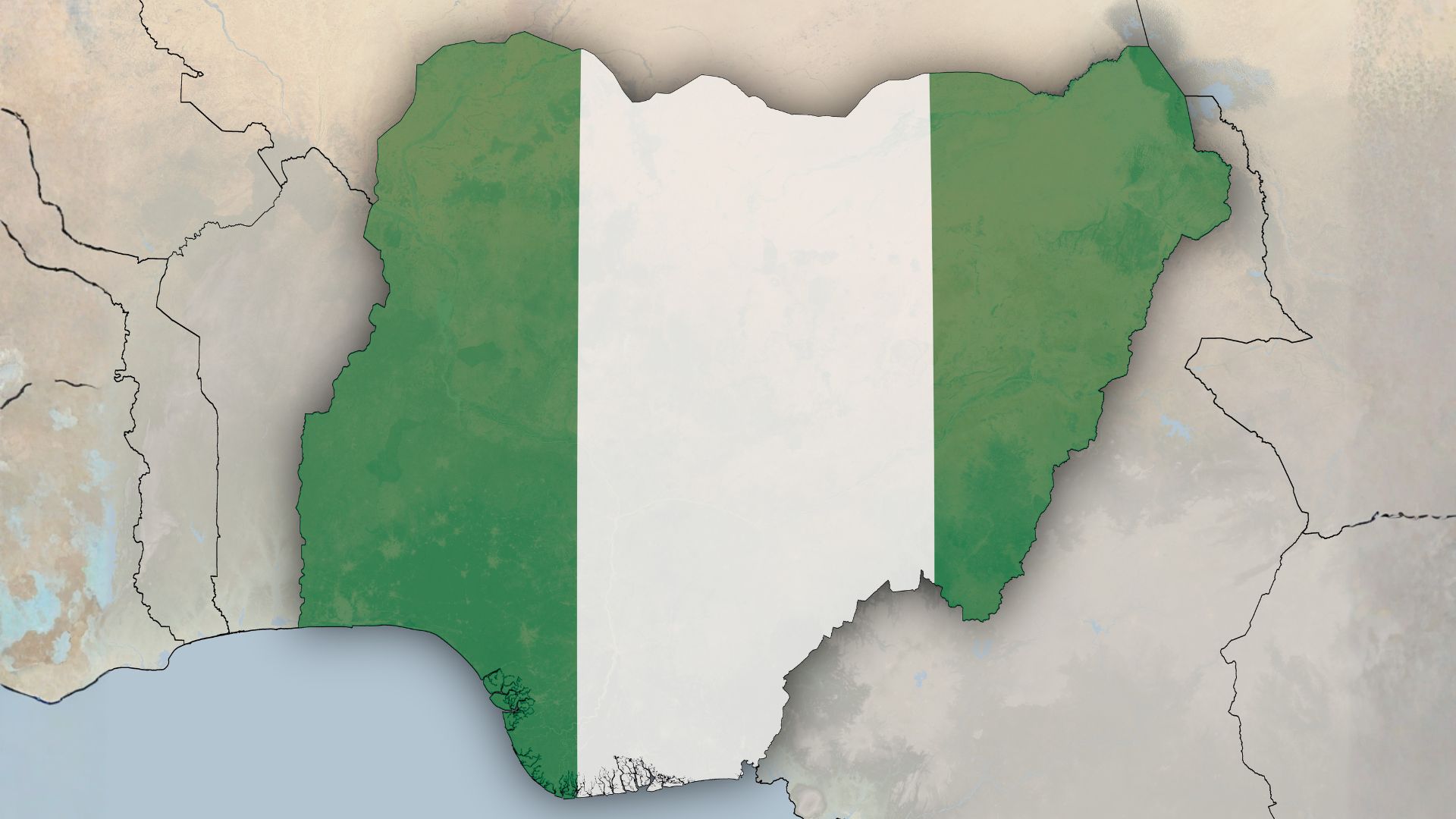New US Visa Bond Rule: $15,000 Imposed on 7 Countries
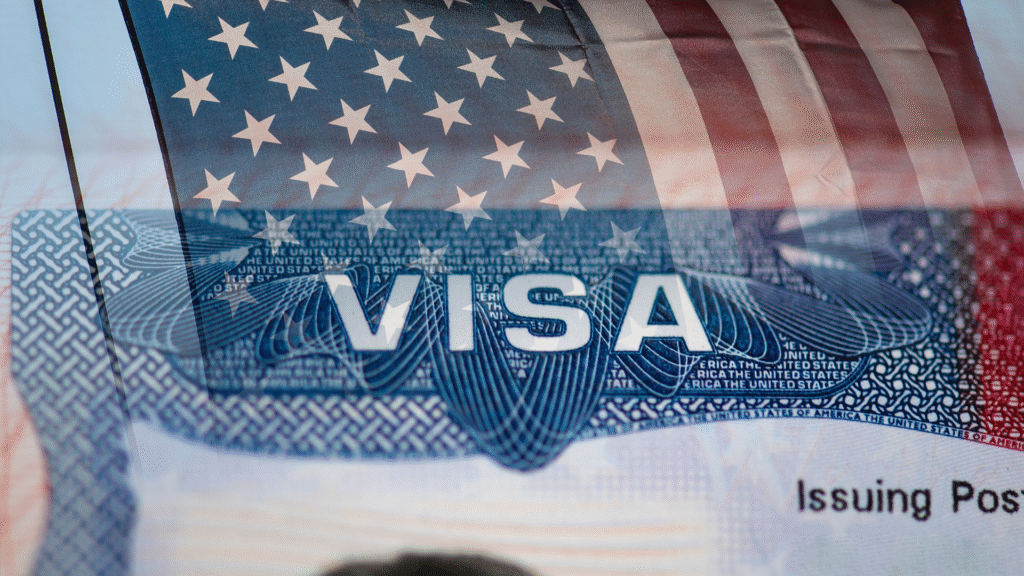
The United States has recently updated its visa rules, and it’s important to understand what this means if you or someone you know is planning to visit the US from certain countries. As of October 2025, the US government has added seven new countries to a list that requires visitors to pay a visa bond of up to $15,000 when applying for a B1/B2 visa. This change affects travelers applying for short-term business or tourist visas.
Let’s break down what this new rule means, who it affects, and how it works.
A visa bond is a type of deposit that travelers from certain countries must pay when applying for a US visa. The purpose of this bond is to encourage visitors to follow the terms of their visa. Especially the requirement to leave the US before the visa expires.
If the traveler follows all the visa rules, the bond is fully refunded. But if they overstay or break any conditions, they may lose all or part of the money.
The new rule adds the following seven countries to the US visa bond list:
- Mali
- Mauritania
- Sao Tome and Principe
- Tanzania
- The Gambia
- Malawi
- Zambia
This update means that nationals from these countries now face extra financial and procedural steps when applying for a B1/B2 visa.
Who Has to Pay the Visa Bond?
The visa bond applies to travelers from the listed countries regardless of where they apply for the visa. Even if you apply from a third country, the bond still applies if you’re a citizen of one of the seven nations.
Here’s what you need to know:
- The bond amount can be up to $15,000.
- Payment must be made using the US government’s official payment platform.
- The bond is refundable if the traveler complies with all visa rules.
How Does the Bond Process Work?
Here’s a step-by-step overview of how the visa bond process works:
- Apply for a B1/B2 Visa – This is the standard visa for tourism and short-term business in the US.
- Get Approved – If your visa is approved and you’re from one of the seven countries, you’ll be instructed to pay the visa bond.
- Pay the Bond – You’ll receive instructions to make the payment securely.
- Travel to the US – You can now enter the US under your visa conditions.
- Leave Before Your Visa Expires – Exit the country before your allowed stay ends.
- Get Your Refund – If you followed the visa rules, your bond will be refunded in full.
Entry and Exit Restrictions
Travelers entering under this rule must use one of only three US airports:
- John F. Kennedy International Airport (JFK) – New York
- Boston Logan International Airport (BOS) – Massachusetts
- Washington Dulles International Airport (IAD) – Virginia
These airports are specially equipped to manage travelers under the bond program.
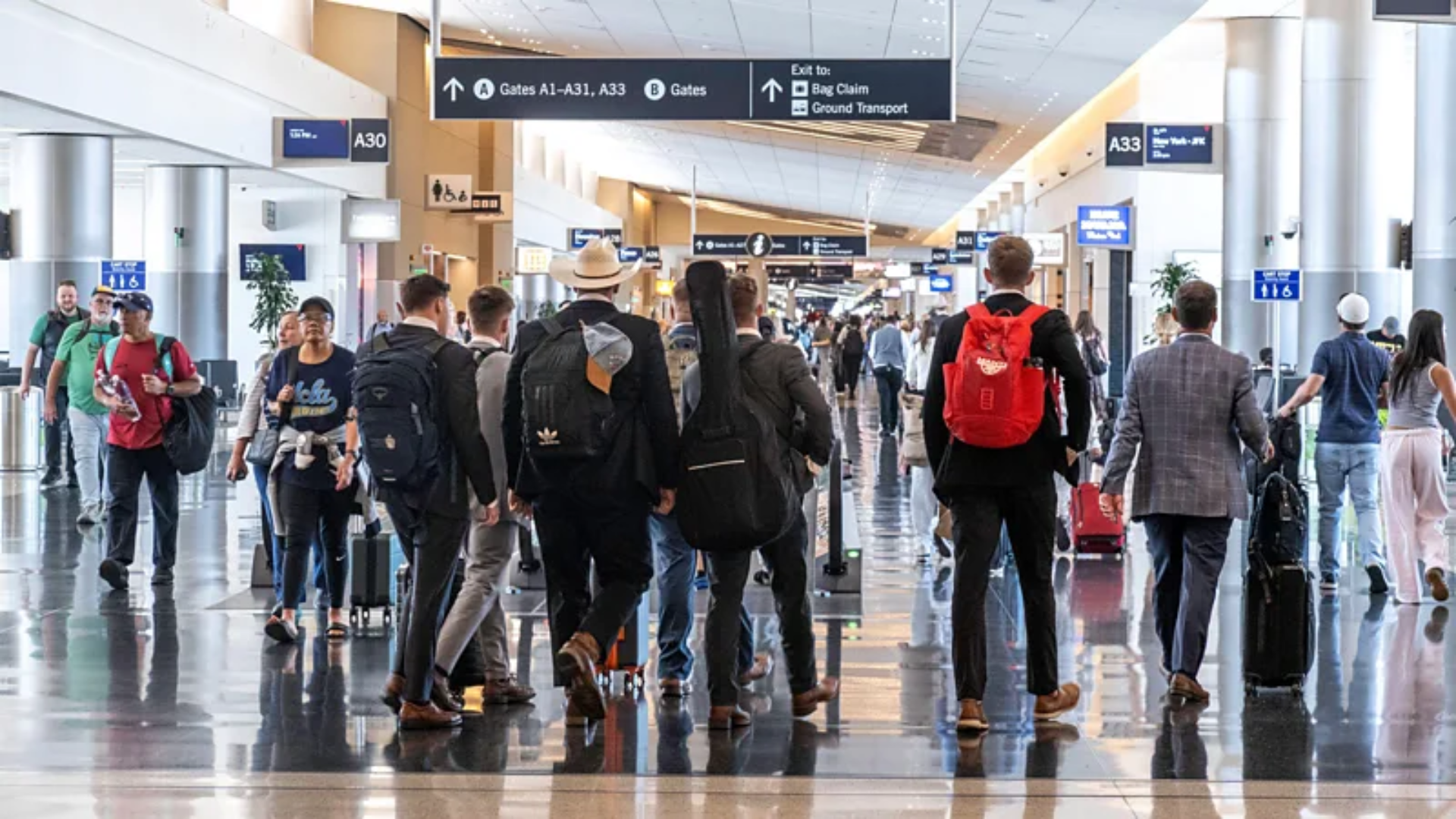
Why Has the US Added These Countries?
The visa bond rule is aimed at reducing visa overstays. Countries added to the list typically have a high rate of overstays, meaning many visitors do not leave the US on time.
By requiring a bond, the US government hopes to:
- Reduce visa overstays
- Encourage better compliance with visa conditions
- Ensure that travelers return home after their visit
What Should You Do If You’re Affected?
If you’re a citizen of one of the seven countries:
- Start planning early – The bond process may require more time than usual.
- Prepare financially – You’ll need to have access to up to $15,000 for the bond.
- Use only official payment systems – Avoid third-party agents offering to pay on your behalf.
- Follow your visa terms – Leave the US before your visa expires to ensure your bond is refunded.
Contact us if you are interested in Citizenship by Investment
Our expert advisors will have a 1-on-1 consultation to find the best solutions for you and your family and guide you through the procedure.
Share this blog
Frequently Asked Questions
Related Articles
Beijing Is Watching Your Wealth; Turkey Offers a Legal Pathway
In an era of rising financial scrutiny, global investors are taking action. Discover why 89% of Chinese HNWIs are exploring…
The Hidden Cost of Staying in High-Tax Countries for Wealth
Staying in a high-tax country could cost you more than just money, it could cost you opportunity, legacy, and control….
$5 Billion in Bilateral Trade Targeted Between Nigeria and Türkiye
Nigeria and Türkiye are deepening economic ties with a $5 billion annual trade target. This strategic move signals trust, investor…
Why Europe Is Tightening Control Over Wealth and Tax Freedom
Governments across Europe are taking a tougher stance on wealth, mobility, and personal tax planning. As proposals tighten, successful investors…
The Hidden Strength Behind CBI Real Estate Resale Rules
CBI real estate resale rules are often misunderstood. Rather than a drawback, these rules provide structure, preserve market stability, and…
Saudi Premium Residency: Unlock Investment & Opportunity
Learn how Saudi Premium Residency is opening powerful pathways for high‑net‑worth investors, entrepreneurs, and business owners. Understand eligibility options, advantages,…
What Nigeria’s Restructuring Debate Signals to Investors
Nigeria’s restructuring debate is not about politics. It is about long-term certainty. For investors and high-net-worth families, repeated reform discussions…

